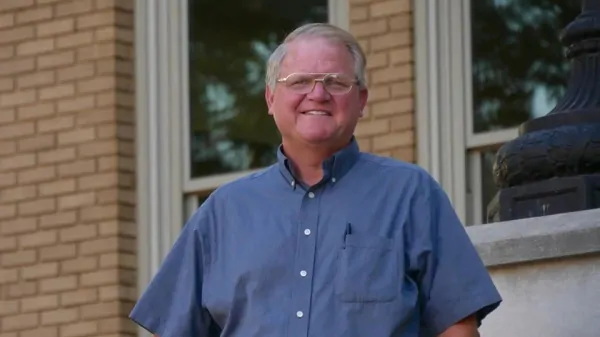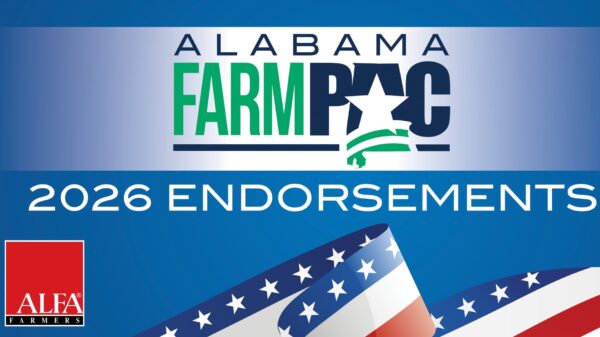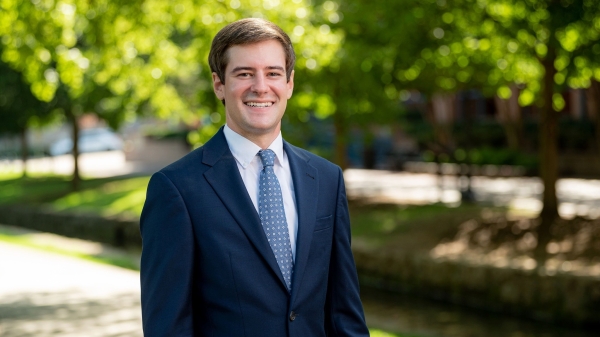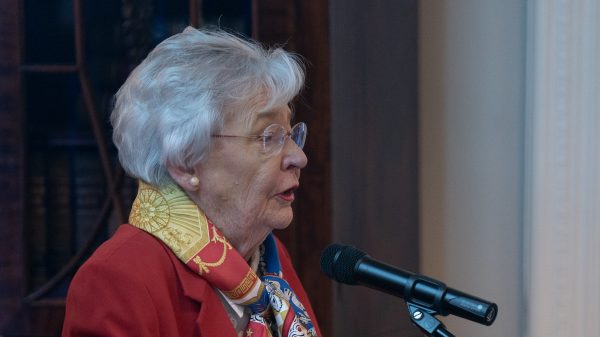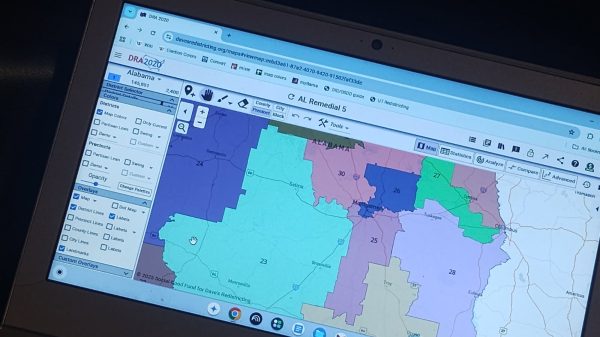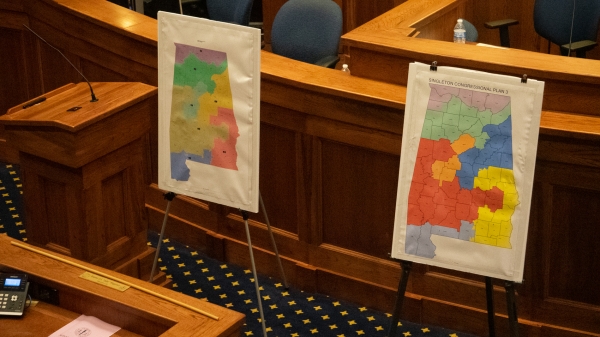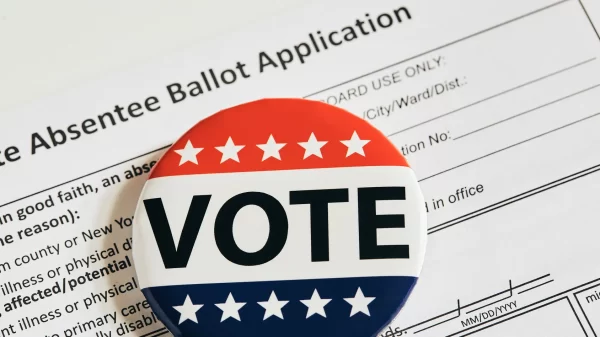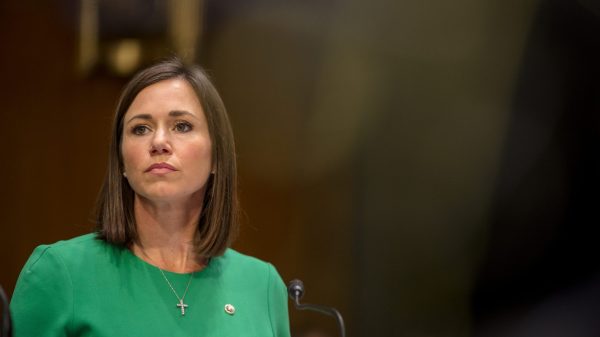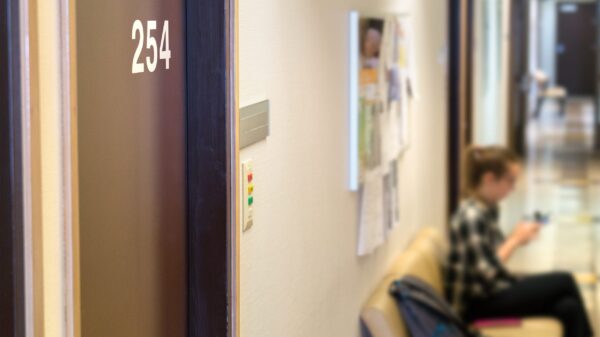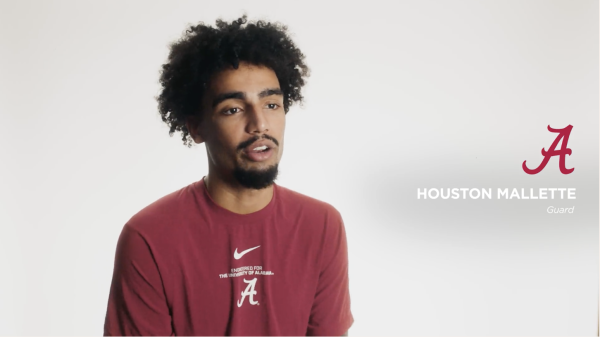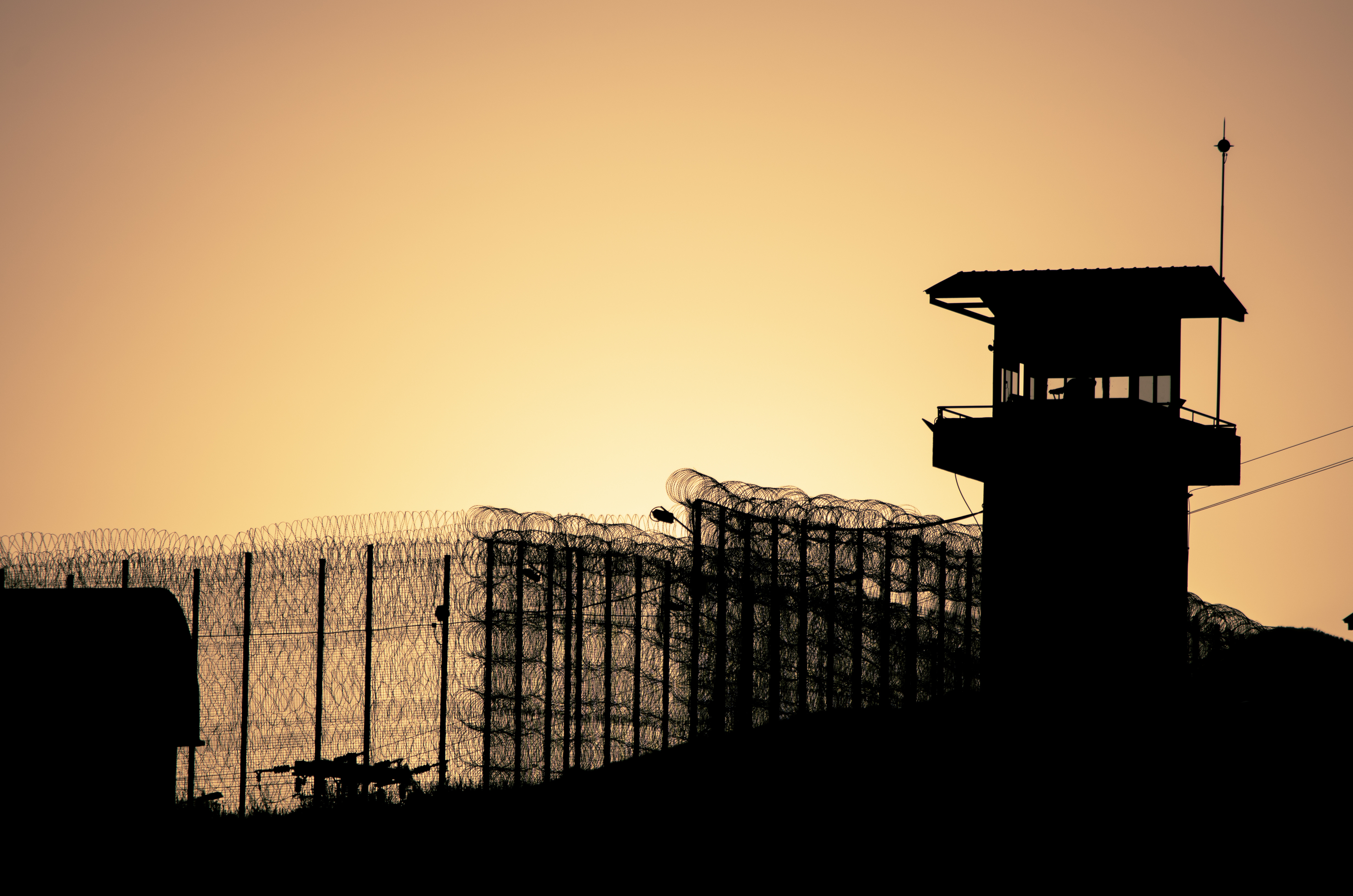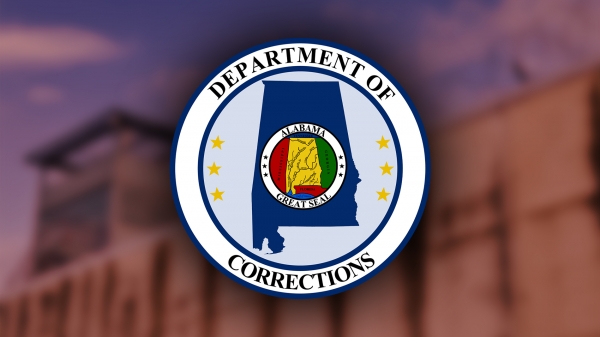Last week, a poll by Auburn University at Montgomery’s Department of Political Science and Public Administration found that approximately 90 percent of Alabamians favor some type of reform to the state’s prison systems, but there is little agreement on which reform efforts should be pursued.
- 36.6 percent: “Reduce or eliminate criminal sentences for non-violent crimes.”
- 30.3 percent: “Parole inmates convicted of non-violent crimes.”
- 25.9 percent: “Increase funding to improve existing prison facilities.”
- 21.4 percent: “Construct new prisons to be operated by the state.”
- 14.5 percent: “Contract with private firms to construct new prisons the state would then lease to operate.”
- 27.5 percent: “Increase funding for prison staff such as correctional officers, healthcare providers, educators, etc.”
- 15.2 percent: “Increase funding for probation officers.”
- 9.9 percent: “I support none of these options.”
The totals do not add up to 100 because it was a “select all that apply” poll.
Gov. Kay Ivey’s plan of signing a decades-long lease with private prison contractors was the least popular idea. Repairing the existing prisons 25.9 percent support while constructing new prisons had just 21.4 percent support.
The most popular prison reform measures, according to AUM poll director David Hughes, address prison overcrowding through criminal sentencing reforms.
“Approximately 37 percent of respondents support policies to reduce or eliminate sentences for non-violent offenders, and another 30 percent support paroling inmates convicted of non-violent crimes,” Hughes said.
The governor has included justice reform proposals in her all-encompassing plan. Those proposals were going to be considered by the Legislature in the 2020 legislative session but because of the coronavirus, the 2020 legislative session was cut short and the Legislature went home without addressing that or many other issues.
Much less popular is Ivey’s plan to build three new mega-prisons in Escambia, Elmore and Bibb counties.
“Only 21 percent of respondents supported a proposal to build new prisons the state would then directly operate,” Hughes said. “The least popular proposal we polled involved the state contracting with private firms to construct new prisons the state would then lease. Only 14 percent of respondents approved of this reform measure.”
The state has grossly underfunded its prison system for decades and the Alabama Department of Corrections is still dangerously overcrowded and understaffed, despite recent efforts by the Legislature to deal with its chronic underfunding of the system.
A U.S. Justice Department investigation begun by the Obama administration and concluded by the Trump administration declared that the state has the most dangerous prison system in the country. The prisons are plagued by rampant drug use, extreme violence, and the prisons have not done a good job at preparing prisoners to return to society.
The poor track record of rehabilitating prisoners means that inmates are released without job skills, education and still battling mental health issues and drug dependency. Too many inevitably reoffend and get sent back to prison exacerbating the overcrowding situation.
The U.S. Department of Justice warned the state in July that it was violating prisoners’ constitutional rights and that the attorney general may file or join lawsuits to intervene. A federal court has already found that the prisons were understaffed by a thousand guards and that inmates were not receiving necessary mental health care.
The AUM Poll was conducted between Sept. 30 and Oct. 3. It solicited online participation from 1,072 registered voters in Alabama. Respondents were weighted according demographic factors such as age, gender, race, education and income to produce a more representative sample of Alabama’s voting age population.
The survey has a 4-point margin of error.


